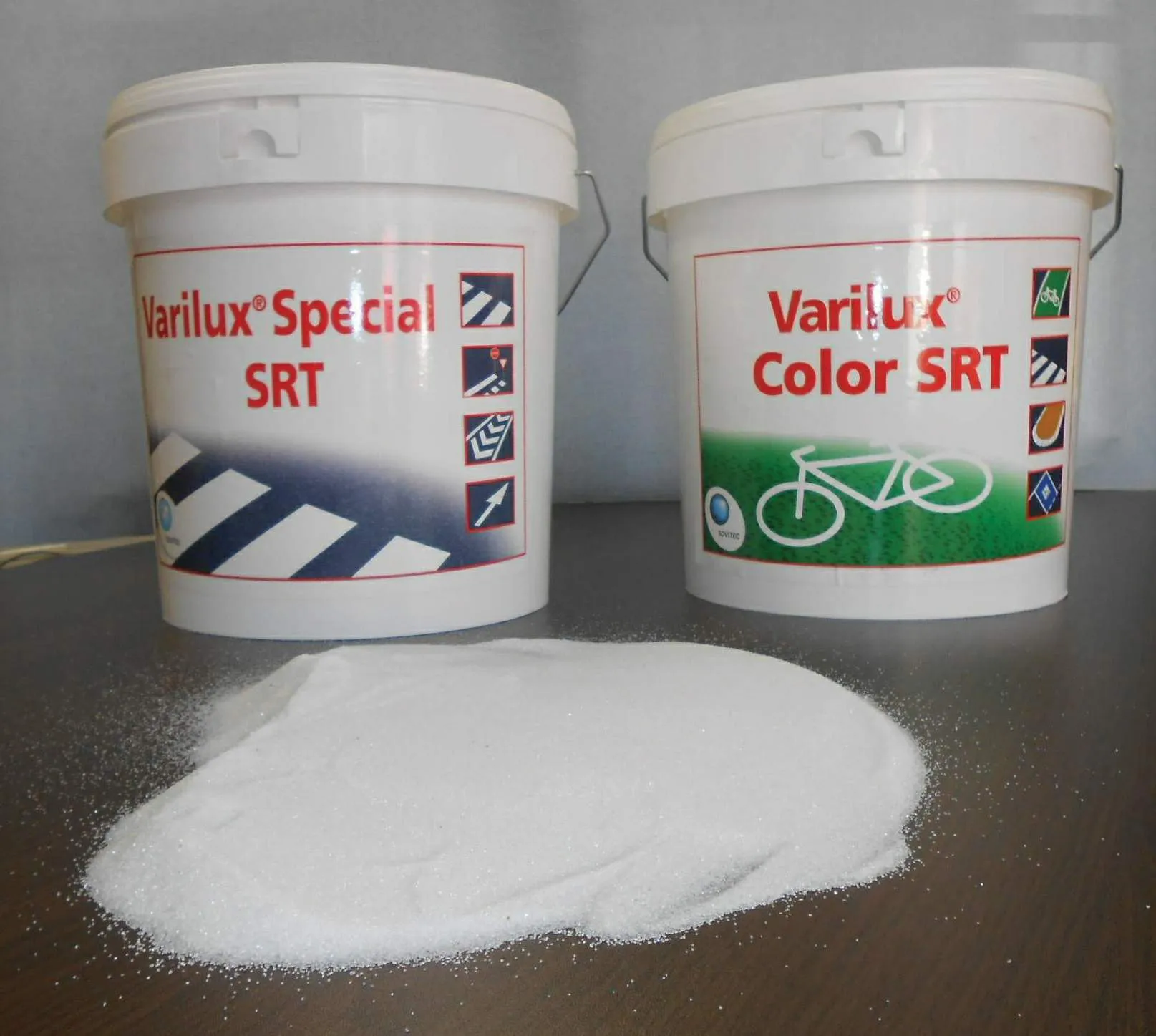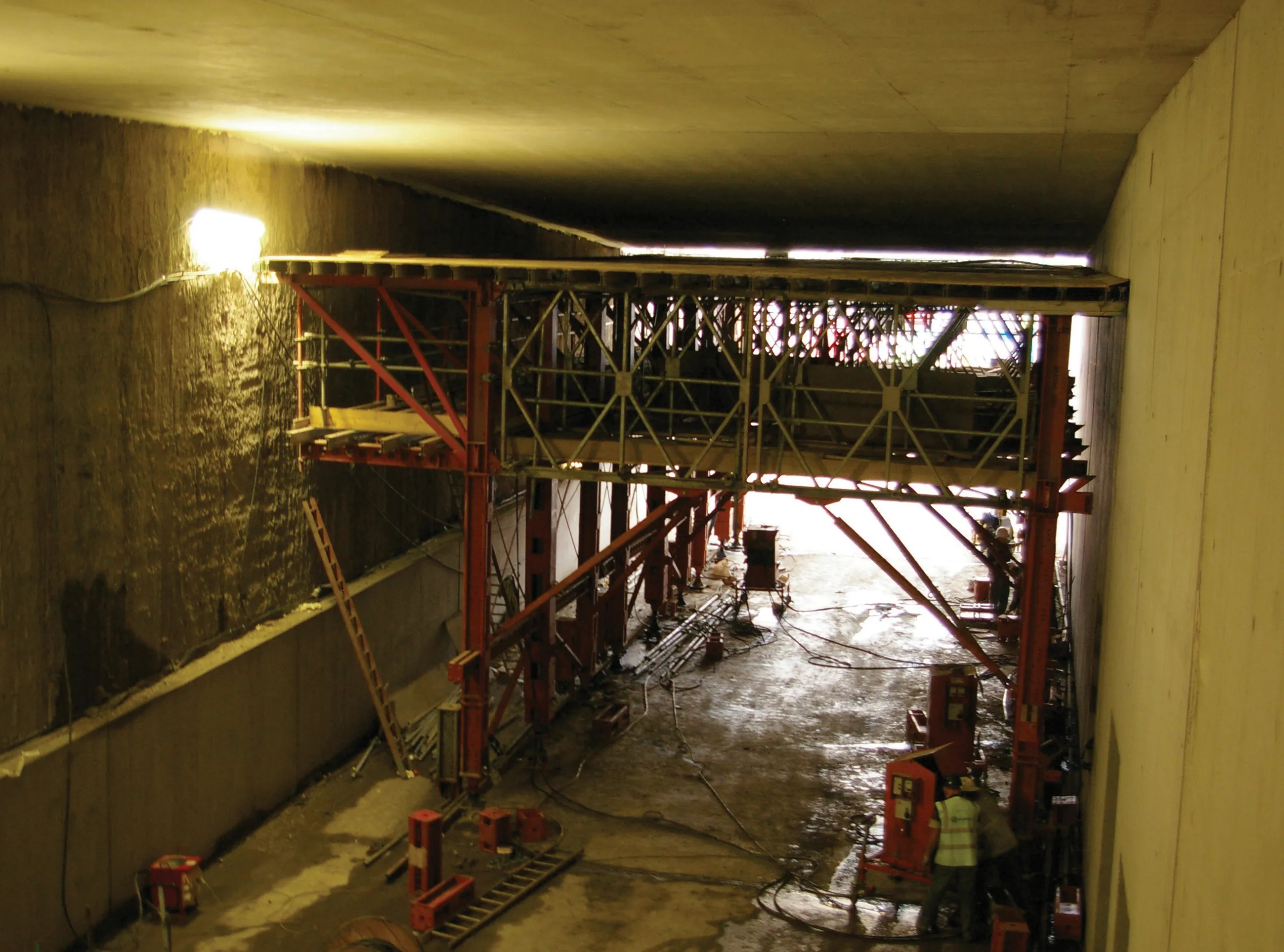Environment Minister Therese Coffey responded to a scientific report published by the %$Linker:
The AQEG report made it clear that it is not just fumes from car exhaust pipes that have a detrimental impact on human health but also the tiny particles that are released from their brakes and tyres. While measures are being taken to reduce exhaust emissions, the report states that Non-Exhaust Emissions (NEE) remain largely unregulated and very little research has been done to understand their full impact.
The Government’s announcement warned that particles are entering the airstream and having a detrimental impact on human health for drivers, passengers and bystanders. It acknowledged that plastic particles from tyres are also deposited into sewers and lead to harmful consequences to marine wildlife and aquatic food chains.
Jo Bradley, Water Quality Specialist with SDS Limited, stated:
“Improving car and tyre designs to reduce metals, microplastics and hydrocarbons pollution will take years, especially if international standards of measurement and manufacturing control are also to be agreed and ratified.
“If the Government confirms the serious health and environmental impacts of this pollution then why is it passing the buck to the car industry and diverting attention from the need to stop harmful and widespread pollution from happening right now?
“Particles from brake and tyre wear include copper and zinc, microplastics and a group of chemicals called Polyaromatic Hydrocarbons (PAHs). They not only pervade the air but also settle on the road surface. When it rains mutagenic, carcinogenic, bioaccumulative chemicals are being discharged directly into the water environment via highway drainage outfalls.
“The regulations exist to control an estimated 1 million outfalls in the UK through environmental permitting, but they are not enforced, especially on motorways and trunk roads where many discharges are direct into vulnerable ditches and tributaries. According to
“It’s been estimated that more than 60,000 tonnes of microplastics alone are being emitted on the road network annually1. The EA has reported that only 14% of rivers in England reach ‘good’ ecological status and that urban and transport pressures are a significant contributor to those failures.
“UK industry has extensive know-how and innovative surface water technologies to solve the problem. Sustainable Drainage Systems (SuDS), usually comprising a management train of vegetative features and manufactured drainage devices, can capture microplastics, metals and PAHs entering the water environment. While there has been some welcome progress, many more point-source discharges could be measured and routinely controlled with straightforward treatment devices, such as filter drains. Where pollution is more severe, innovative technologies have been developed that capture metals and remove sediments, including microplastics, cost-effectively to shield the environment from harm.
“Yet, urban runoff persists as a forgotten polluter. It is inconsistently monitored and poorly controlled. This shocking Government response to the AQEG has – quite literally - kicked the contamination further down the road.”
About Jo Bradley: Jo Bradley is an environmental water quality and sustainable drainage specialist at SDS Limited. Before joining the company as Market Development Manager in 2016, Jo spent a 20 year career at the Environment Agency, latterly as an expert advisor on urban stormwater and highway runoff.
Government is “Passing Water Pollution Buck to the Car Industry”, experts warn.
The Government acknowledged the serious and growing impacts of poisonous particle pollution from brake, tyre and road surface wear on the environment and human health - but diverted attention away from the immediate and urgent need to stop it entering directly into rivers and streams, water quality specialists have warned.
Environment Minister Therese Coffey responded to a scientific report published by the Air Quality Expert Group by telling car and tyre manufacturers to prepare to reduce non-exhaust em
August 23, 2019
Read time: 4 mins
The Government acknowledged the serious and growing impacts of poisonous particle pollution from brake, tyre and road surface wear on the environment and human health - but diverted attention away from the immediate and urgent need to stop it entering directly into rivers and streams, water quality specialists have warned.








